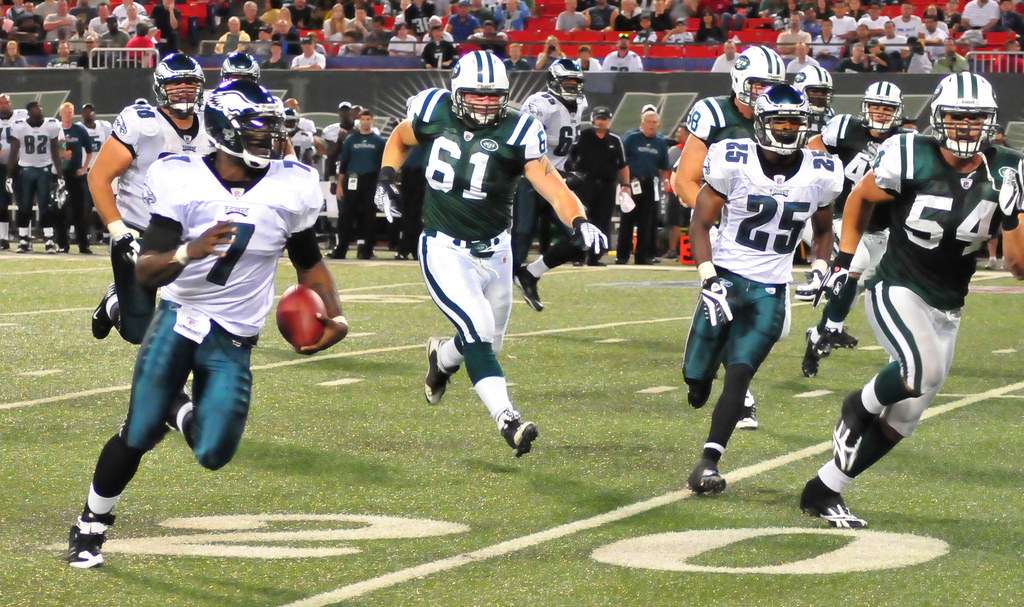FCC Thumbs Nose at NFL, Votes Unanimously to End Protectionist Sports Blackout Rule

The Federal Communications Commission's support for sports broadcast blackouts is about to become a thing of the past: The agency's commissioners voted 5-0 today to end the blackout policy the agency has had in place since 1975.
The policy is an explicit form of protectionism for big-league sports teams: Basically, as The Washington Post notes, it says that if a game doesn't fill every stadium seat, then it's off limits for broadcast TV, which means cable provider that rely on those broadcast streams can't really carry it either.
The rule cover all pro sports, but mostly ends up benefiting the National Football League, which has lobbied extensively to keep the policy in place. The league's argument for the rule, that it's necessary to "protect football on free TV," is pretty transparently a self-serving cover for protectionist policies designed to maximize stadium revenues. As The Hill reported last month, "The league argues the rule helps teams sell tickets and creates a compelling stadium atmosphere, allowing the NFL to keep games on free television."
The FCC's vote today was a rebuke to the idea that helping teams sell tickets is somehow part of the FCC's job: "It is not the FCC's role to make sure the NFL gets [the] last nickel out of every game played," agency commissioner Michael O'Riley said, according to The Washington Examiner.
In a USA Today op-ed, Chairman Tom Wheeler called the rules "a bad hangover from the days when barely 40 percent of games sold out," and declared that "the NFL should no longer be able to hide behind government rules that punish loyal fans."
"It's a simple fact, the federal government should not be party to sports teams keeping their fans from viewing the games—period," Wheeler said after the vote today, reports Politico.
The NFL will still be able to black out some games without agency help, however, by making private deals.


Show Comments (51)